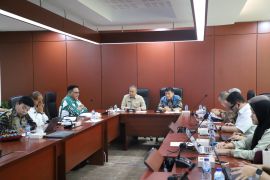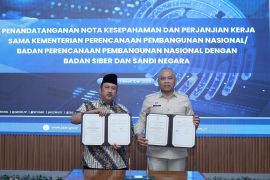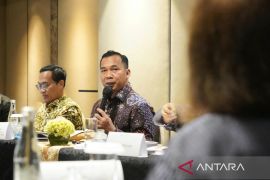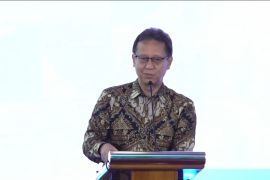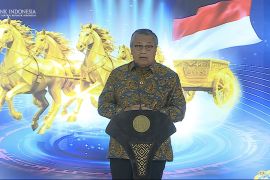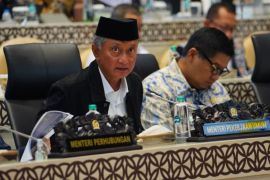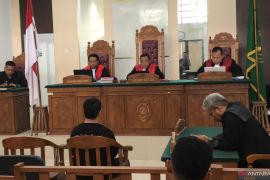Pambudy explained that this amount is calculated from philanthropy sources such as religious-based contributions, including zakat, wakaf, and non-Islamic donations, as well as from companies that collect philanthropic funding.
"If this can be initiated and extended by philanthropists here, then this can become our source of good deeds in the future," he remarked at the opening of the 2025 Philanthropy Festival.
He stated that philanthropists in Indonesia and globally have contributed to development in their own ways. The minister cited the example of Fatima al Fihri, who was the first woman philanthropist to establish the first university in North Africa, specifically in Morocco.
The initiative inspired the establishment of universities in Europe and the Americas, which were also developed by philanthropists.
The minister acknowledged benefiting from philanthropy, as he attended the Jakarta Christian School Association, which is owned by a philanthropist.
Other schools like Al-Izhar and universities such as Prasetiya Mulya were also founded by philanthropists.
"Indonesian philanthropists have developed themselves and contributed to Indonesia's development. If philanthropists can help develop their nation, then this is our first step towards creating a sustainable Indonesia," he elaborated.
The consolidation of philanthropists, which raises awareness and strengthens efforts to generate widespread positive impact, is viewed as the start of national development.
"Government can provide directives, can make regulations, can make laws, but (to achieve it), there must be awareness from the public itself. People must realize that development is for everyone," he stressed.
Related news: Ministry showcases Indonesia's philanthropy management at G20 forum
Translator: M Baqir Idrus Alatas, Mecca Yumna
Editor: Primayanti
Copyright © ANTARA 2025

